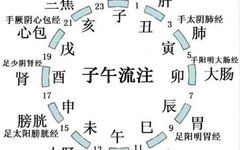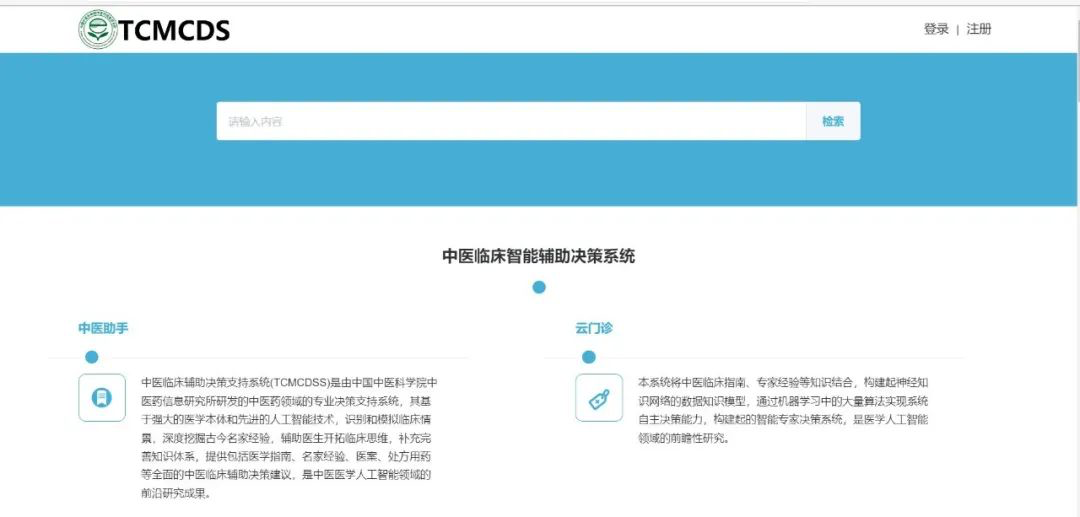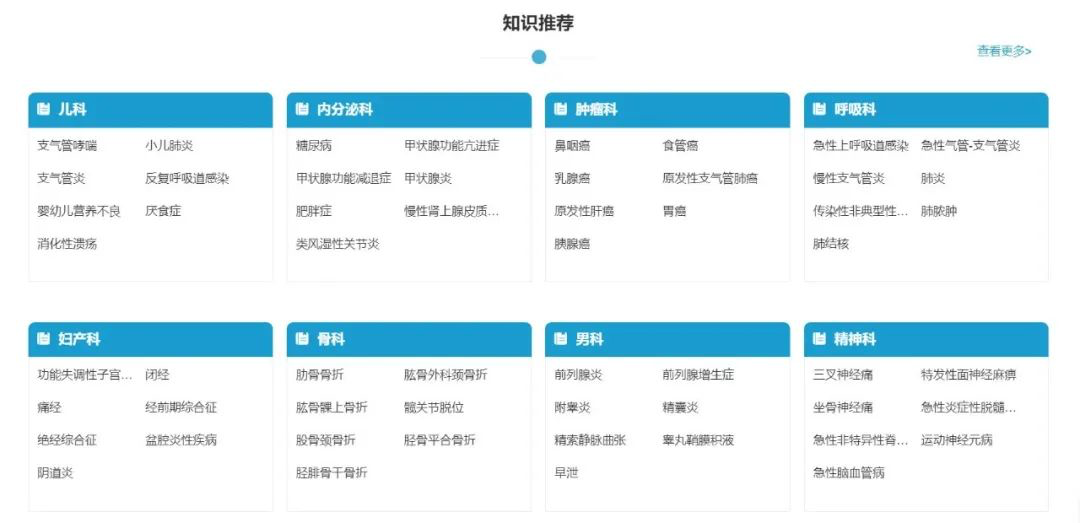The ancients divided a day and night (24 hours) into twelve time periods, each lasting 2 hours, represented by the twelve Earthly Branches (Zi, Chou, Yin, Mao, Chen, Si, Wu, Wei, Shen, You, Xu, and Hai). The time from 11 PM to 1 AM is known as Zi time, from 1 AM to 3 AM as Chou time, from 3 AM to 5 AM as Yin time, and so on.
In Chinese medical time theory, “Zi Wu Liu Zhu” posits that the twelve meridians correspond to the twelve time periods, with the flow of Qi and blood in different meridians varying in strength at different times. The “Zi Wu” times are considered the most critical of the day, hence they are used to represent the twelve time periods; “Liu Zhu” refers to the orderly and cyclical flow of Qi and blood throughout the body.
According to this principle, regulating the corresponding meridian acupoints during specific time periods can yield significant health benefits.
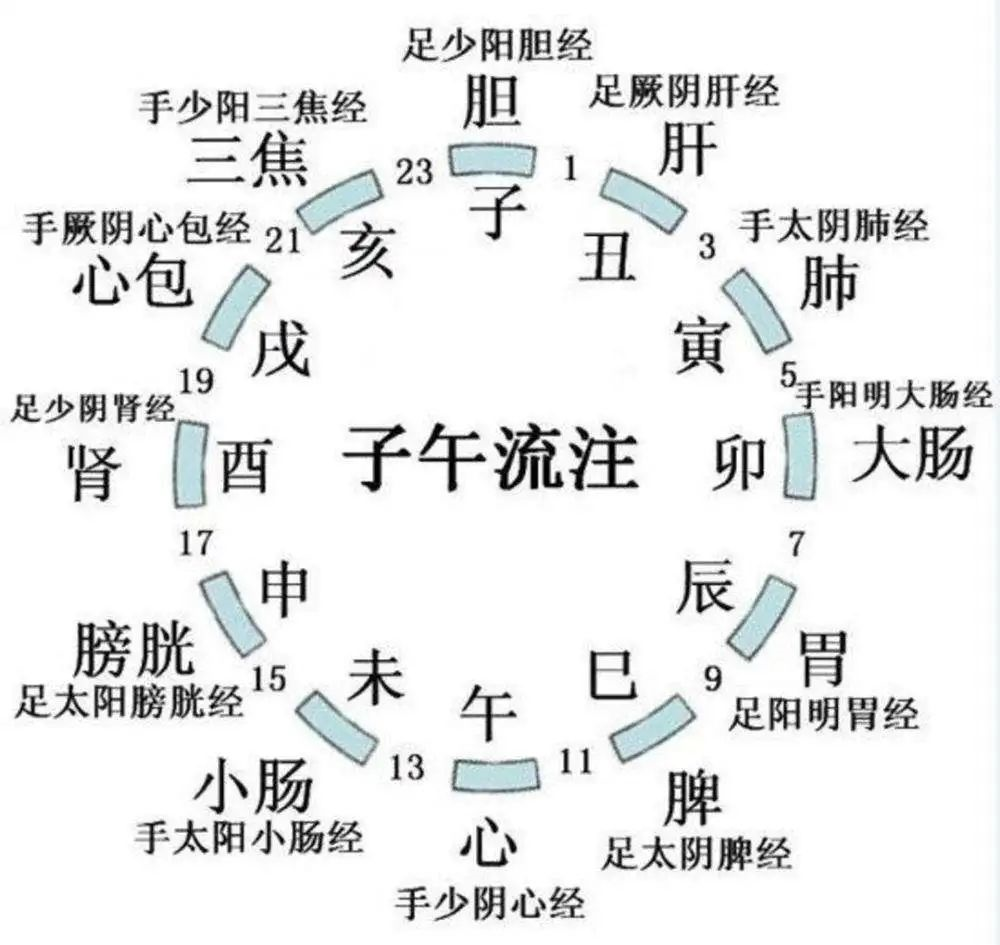
▲ Zi Wu Liu Zhu Time Table
The twelve meridians are the main body of the meridian system, characterized by their connection to corresponding organs and their internal-external relationships. They include the Hand Three Yin Meridians (Shou Tai Yin Fei Jing – Hand Taiyin Lung Meridian, Shou Jue Yin Xin Bao Jing – Hand Jueyin Pericardium Meridian, Shou Shao Yin Xin Jing – Hand Shaoyin Heart Meridian), Hand Three Yang Meridians (Shou Yang Ming Da Chang Jing – Hand Yangming Large Intestine Meridian, Shou Shao Yang San Jiao Jing – Hand Shaoyang Sanjiao Meridian, Shou Tai Yang Xiao Chang Jing – Hand Taiyang Small Intestine Meridian), Foot Three Yang Meridians (Zu Yang Ming Wei Jing – Foot Yangming Stomach Meridian, Zu Shao Yang Dan Jing – Foot Shaoyang Gallbladder Meridian, Zu Tai Yang Pang Guang Jing – Foot Taiyang Bladder Meridian), and Foot Three Yin Meridians (Zu Tai Yin Pi Jing – Foot Taiyin Spleen Meridian, Zu Jue Yin Gan Jing – Foot Jueyin Liver Meridian, Zu Shao Yin Shen Jing – Foot Shaoyin Kidney Meridian), also known as the “Zheng Jing”.
Summary of the Direction of the Twelve Meridians:
The three Yin meridians of the hands run from the chest to the hands; the three Yang meridians of the hands run from the hands to the head; the three Yang meridians of the feet run from the head to the feet; the three Yin meridians of the feet run from the feet to the abdomen.
Order of the Flow of the Twelve Meridians:

01
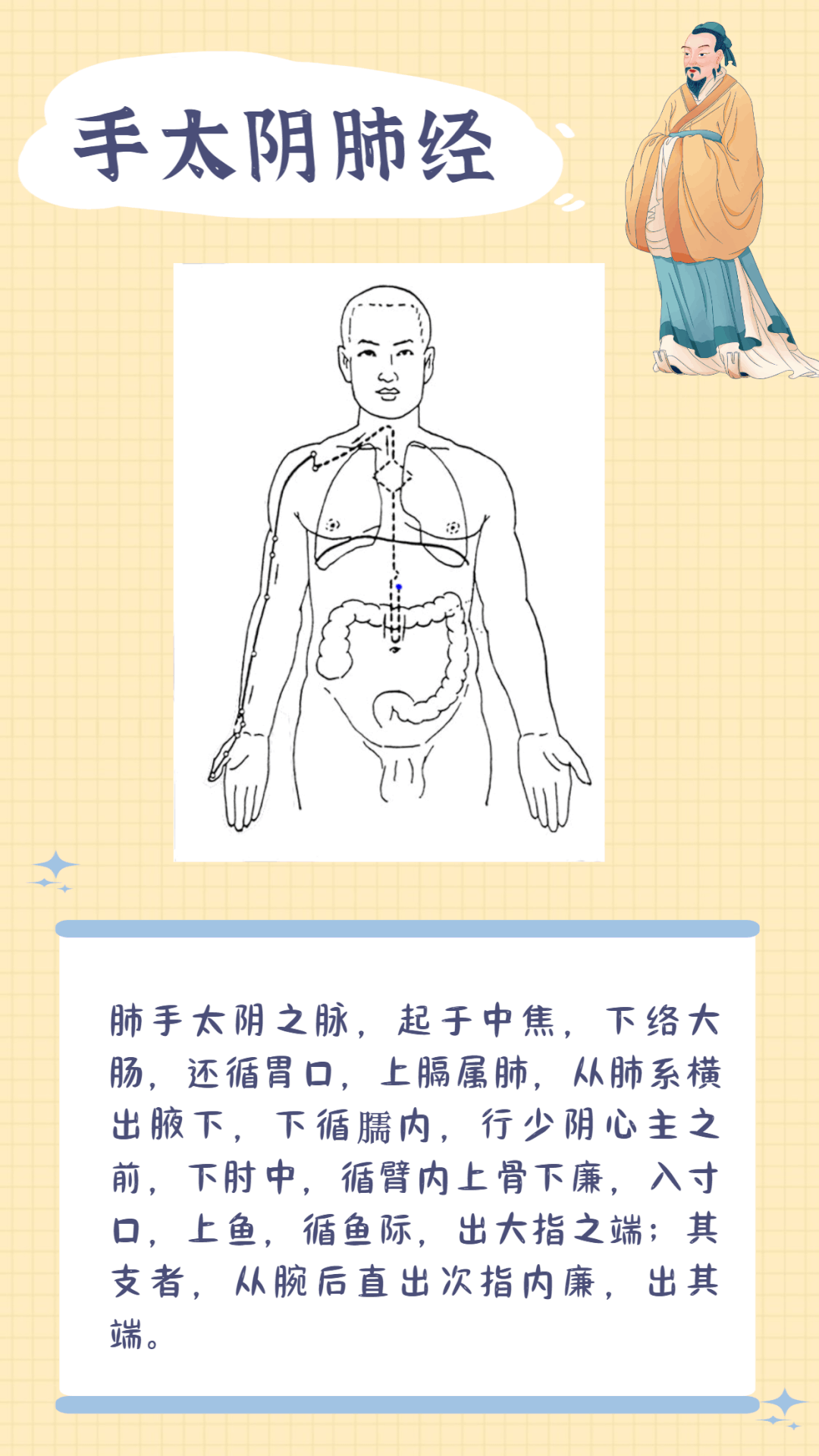
Commonly Used Acupoints of the Hand Taiyin Lung Meridian:
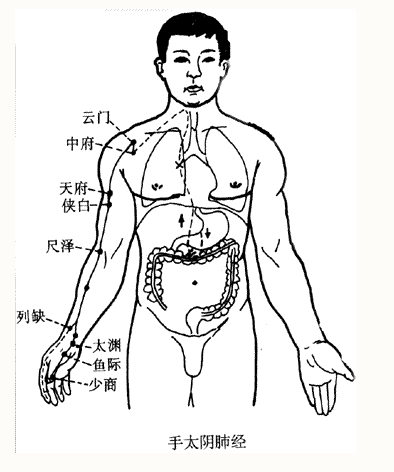
02
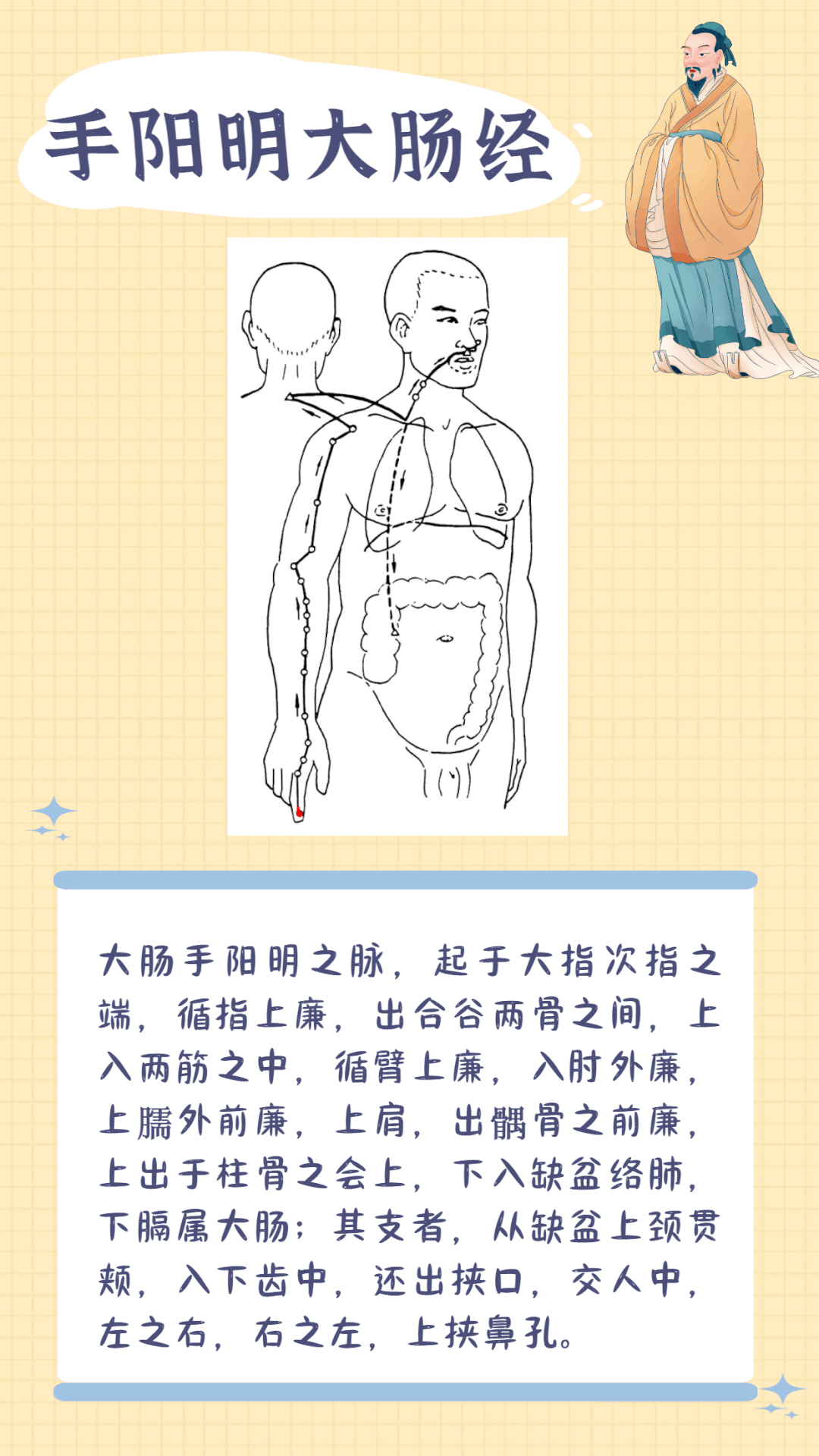
Commonly Used Acupoints of the Hand Yangming Large Intestine Meridian:
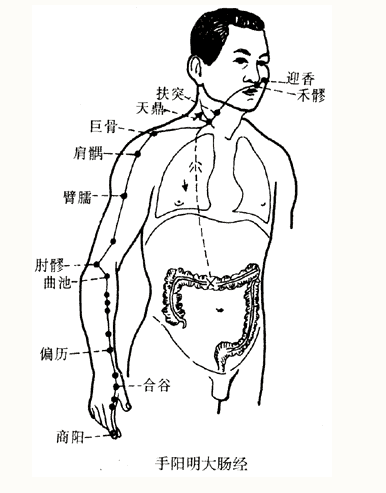
03
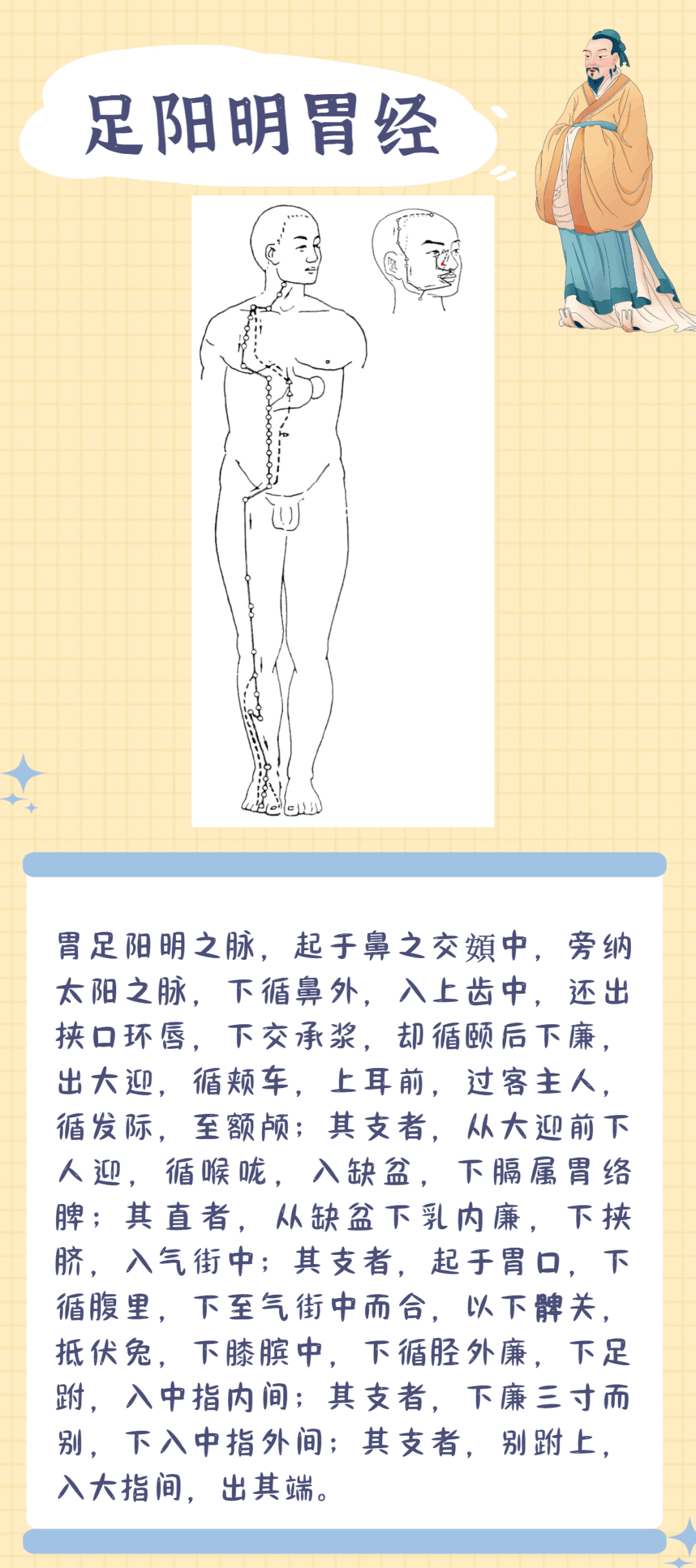
Commonly Used Acupoints of the Foot Yangming Stomach Meridian:
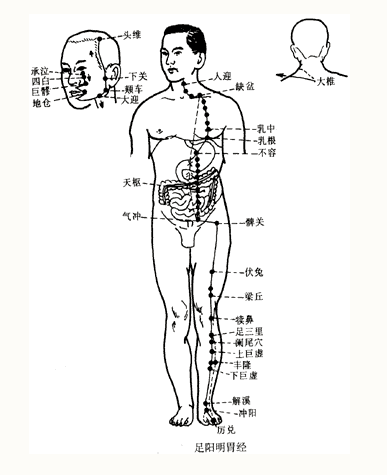
04
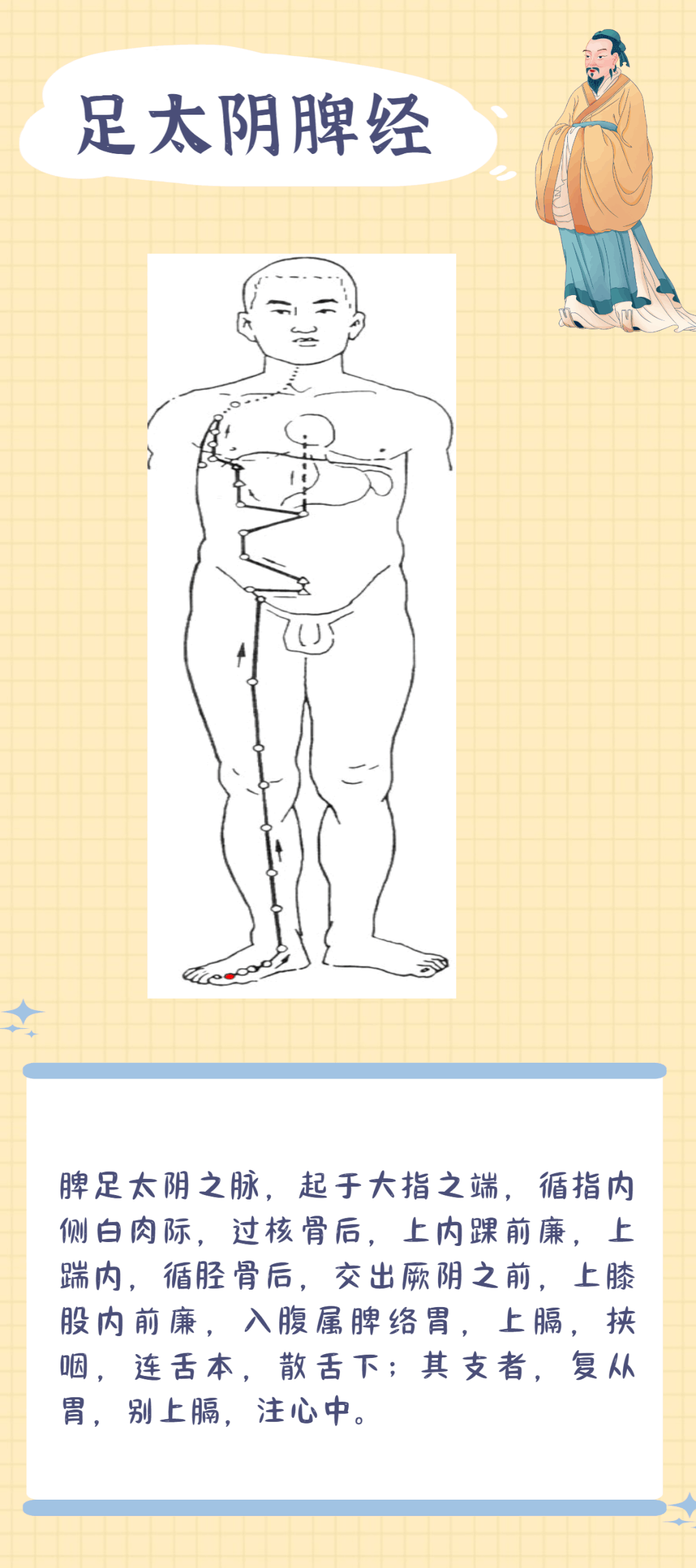
Commonly Used Acupoints of the Foot Taiyin Spleen Meridian:
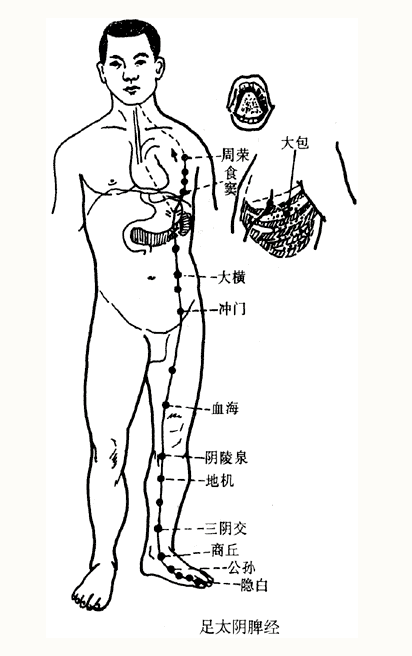
05
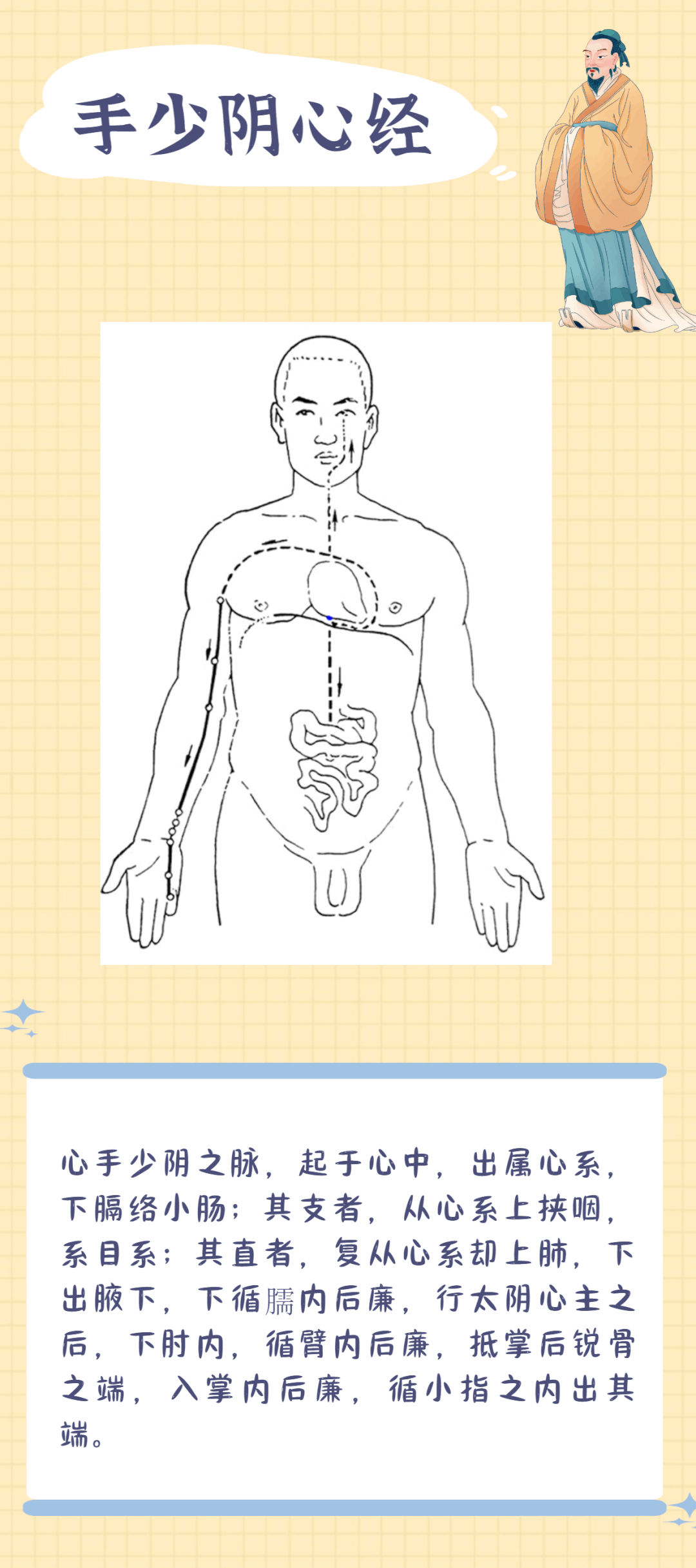
Commonly Used Acupoints of the Hand Shaoyin Heart Meridian:
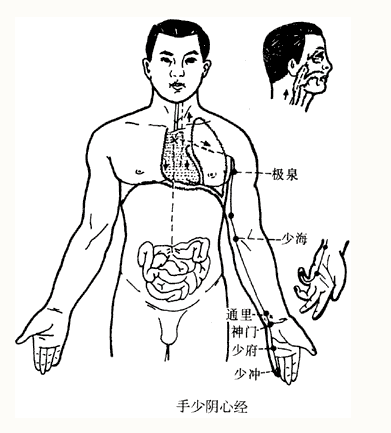
06
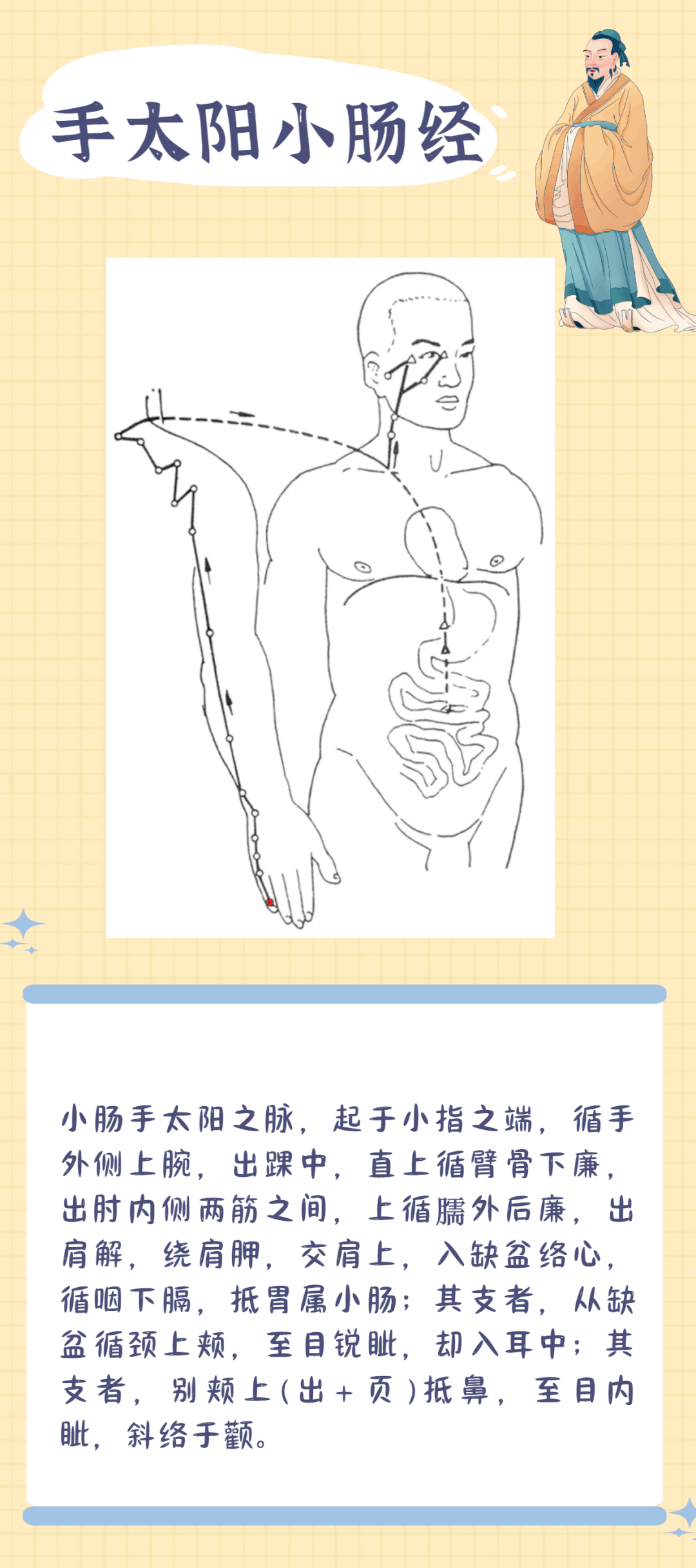
Commonly Used Acupoints of the Hand Taiyang Small Intestine Meridian:
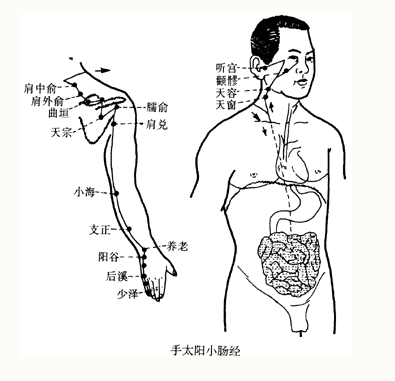
07
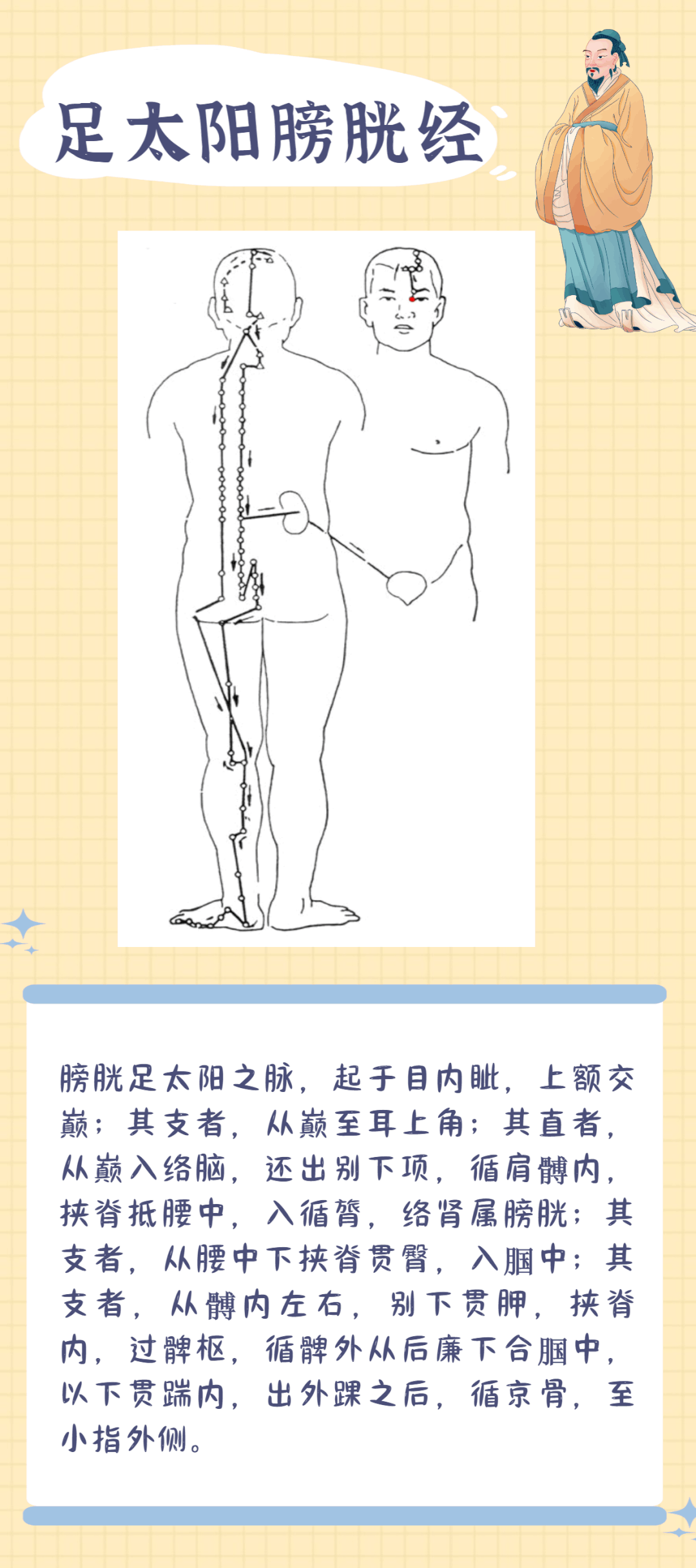
Commonly Used Acupoints of the Foot Taiyang Bladder Meridian:
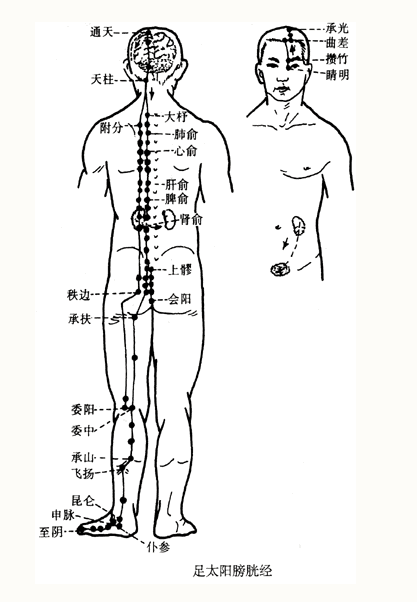
08
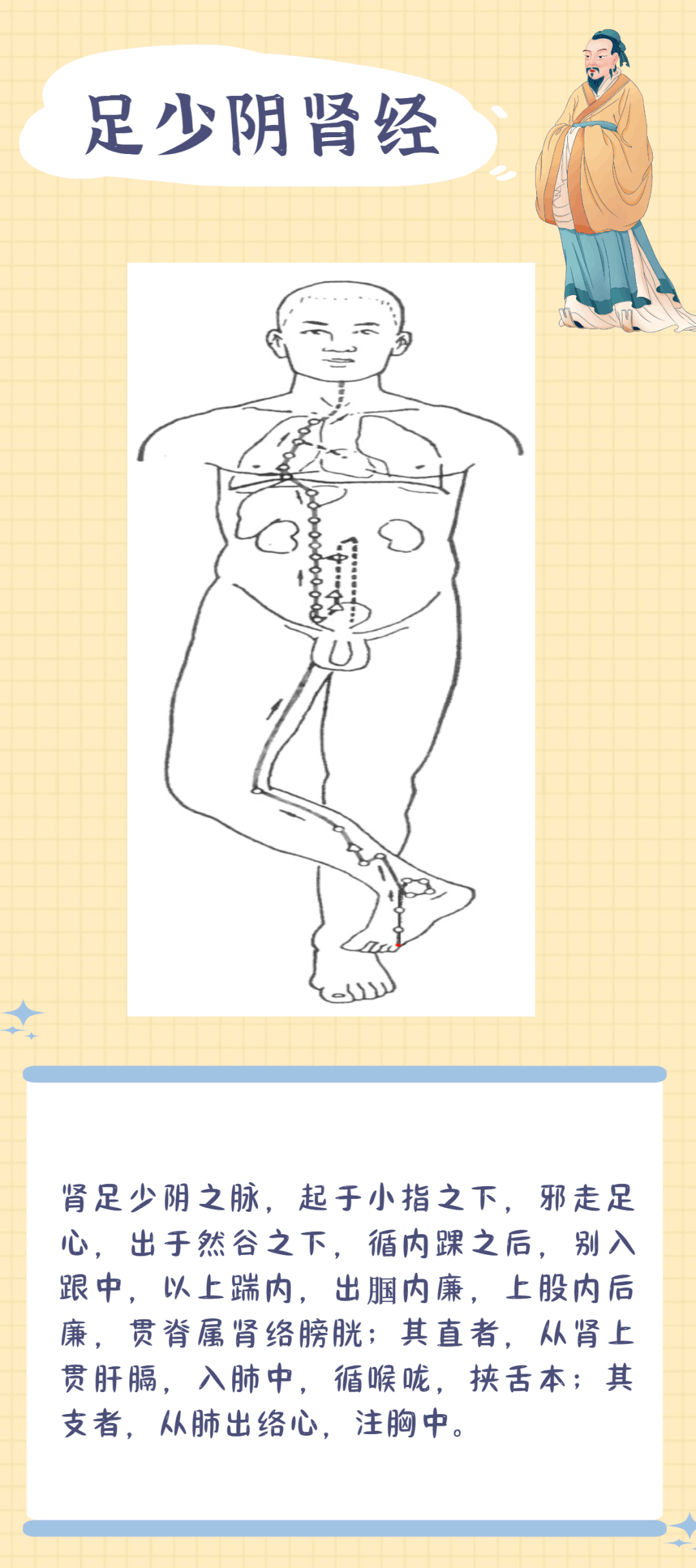
Commonly Used Acupoints of the Foot Shaoyin Kidney Meridian:
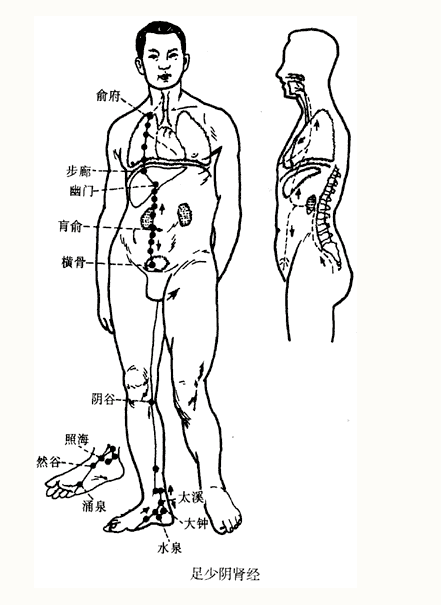
09
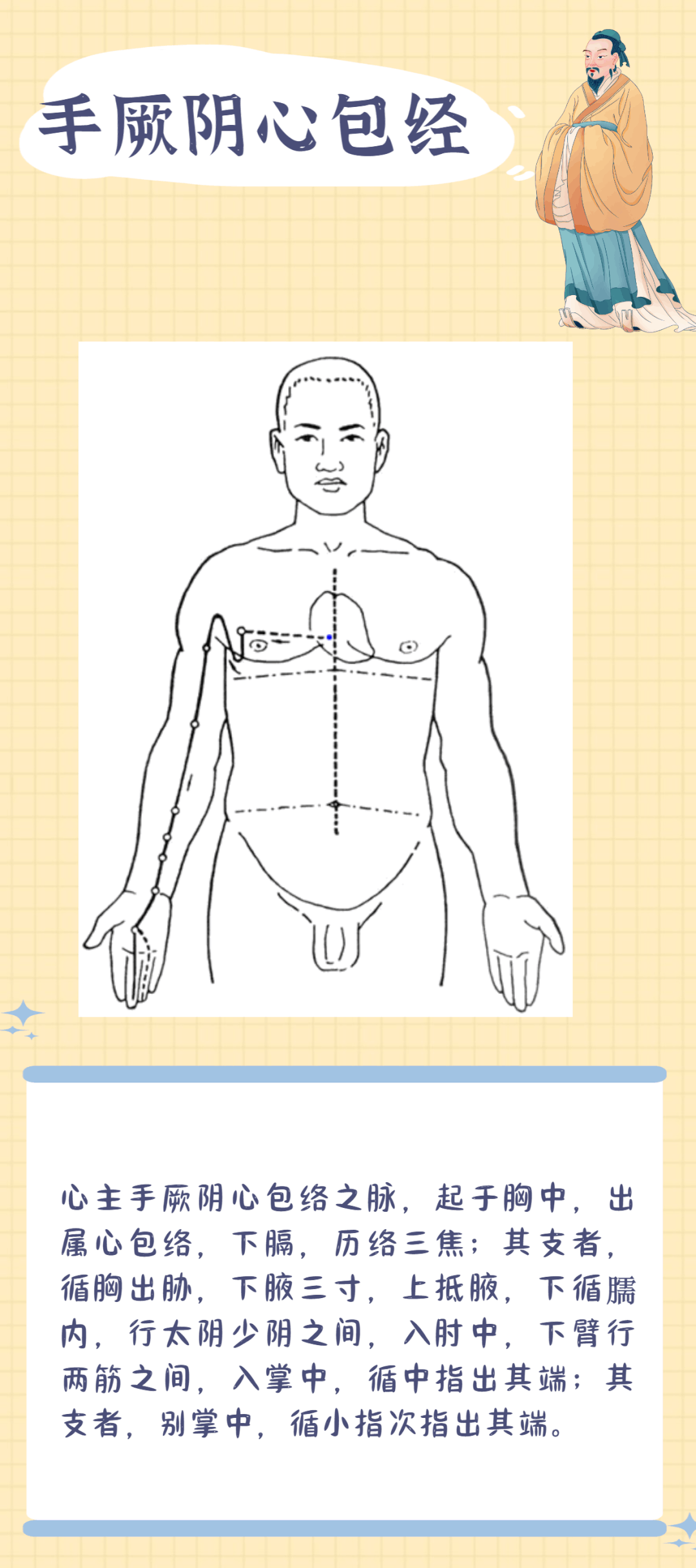
Commonly Used Acupoints of the Hand Jueyin Pericardium Meridian:
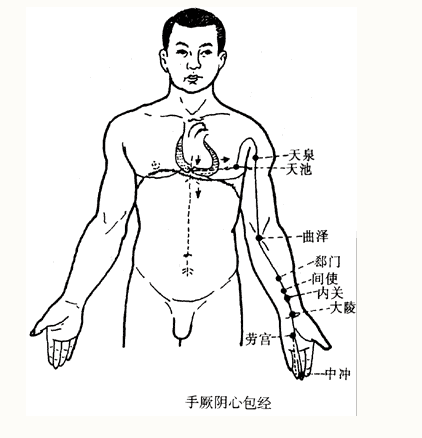
10
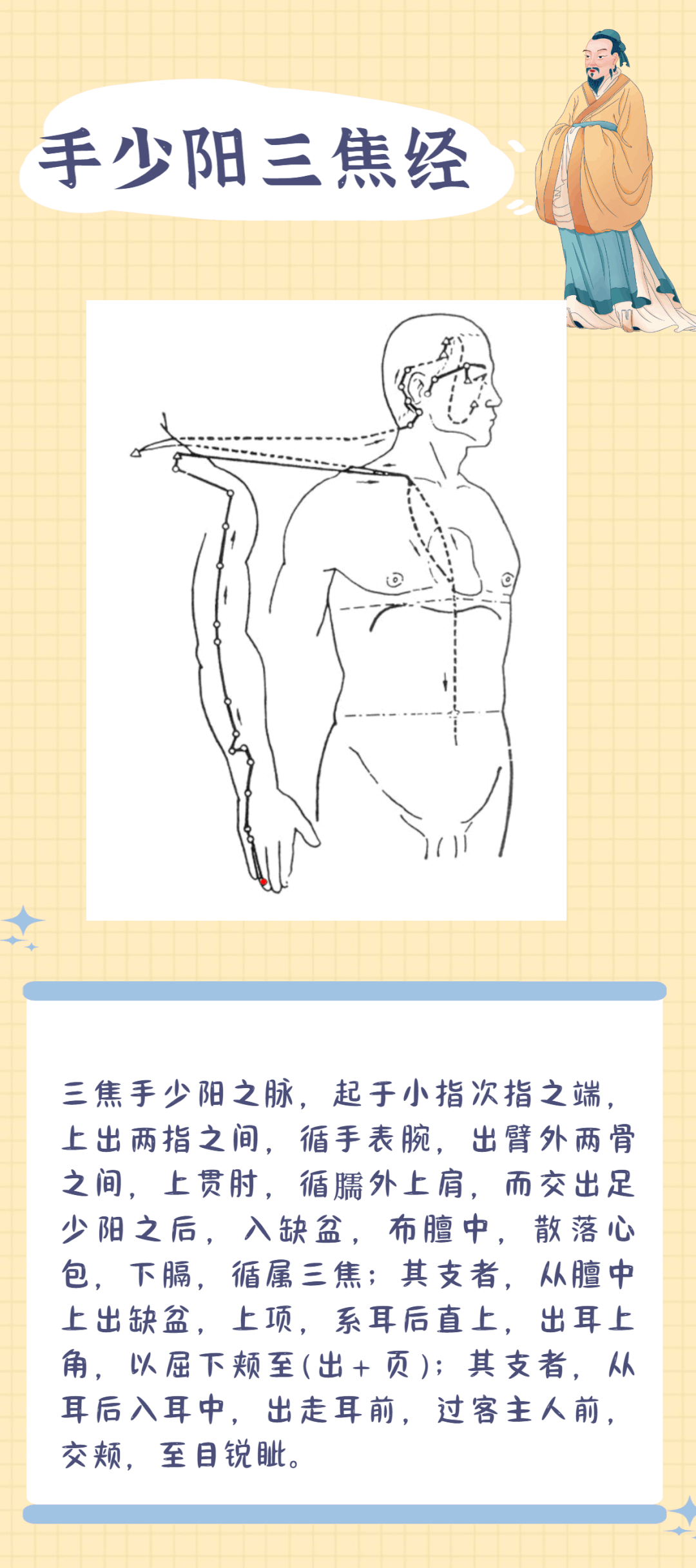
Commonly Used Acupoints of the Hand Shaoyang Sanjiao Meridian:
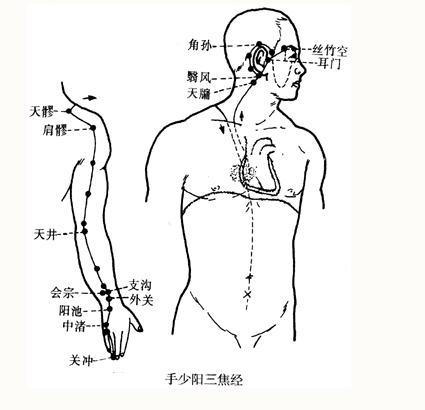
11
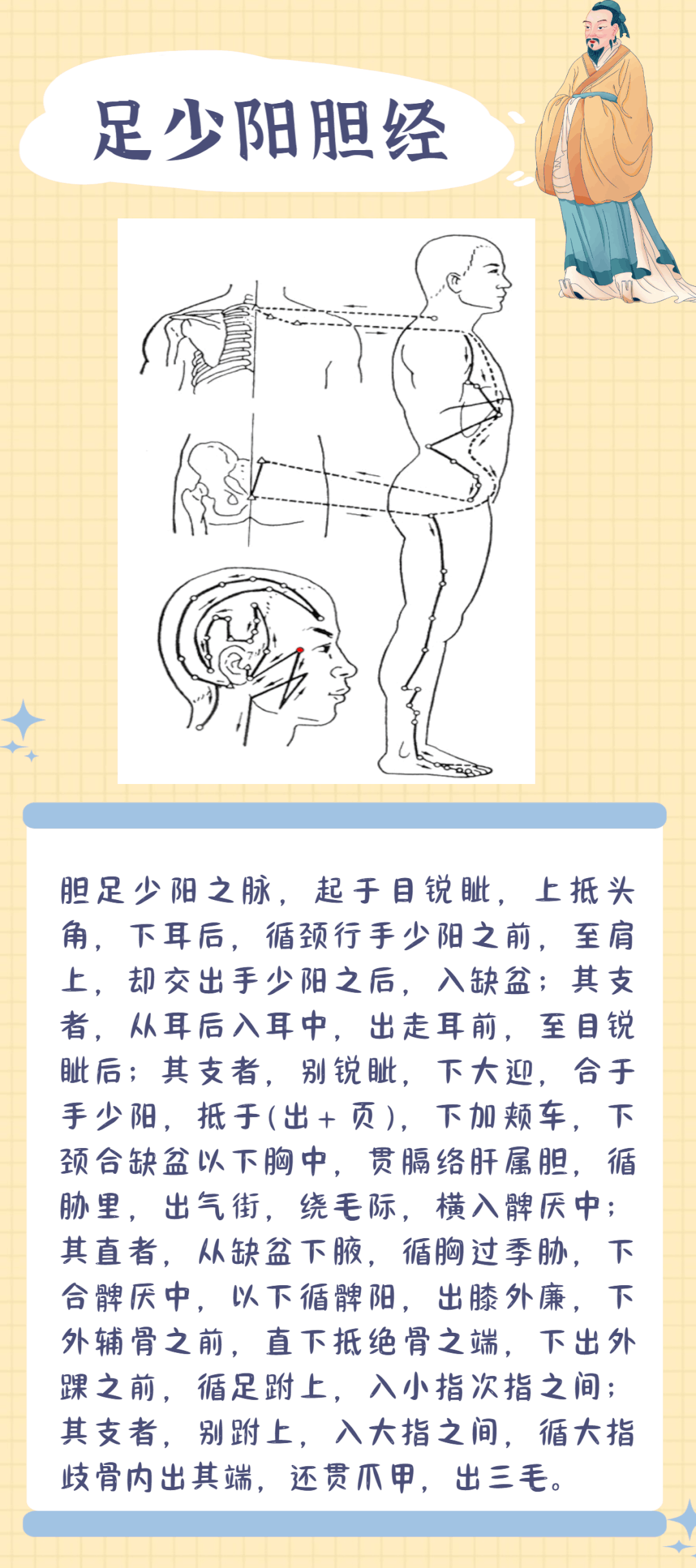
Commonly Used Acupoints of the Foot Shaoyang Gallbladder Meridian:
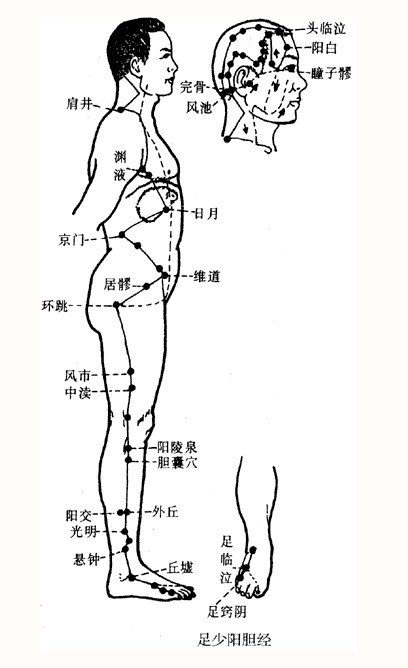
12
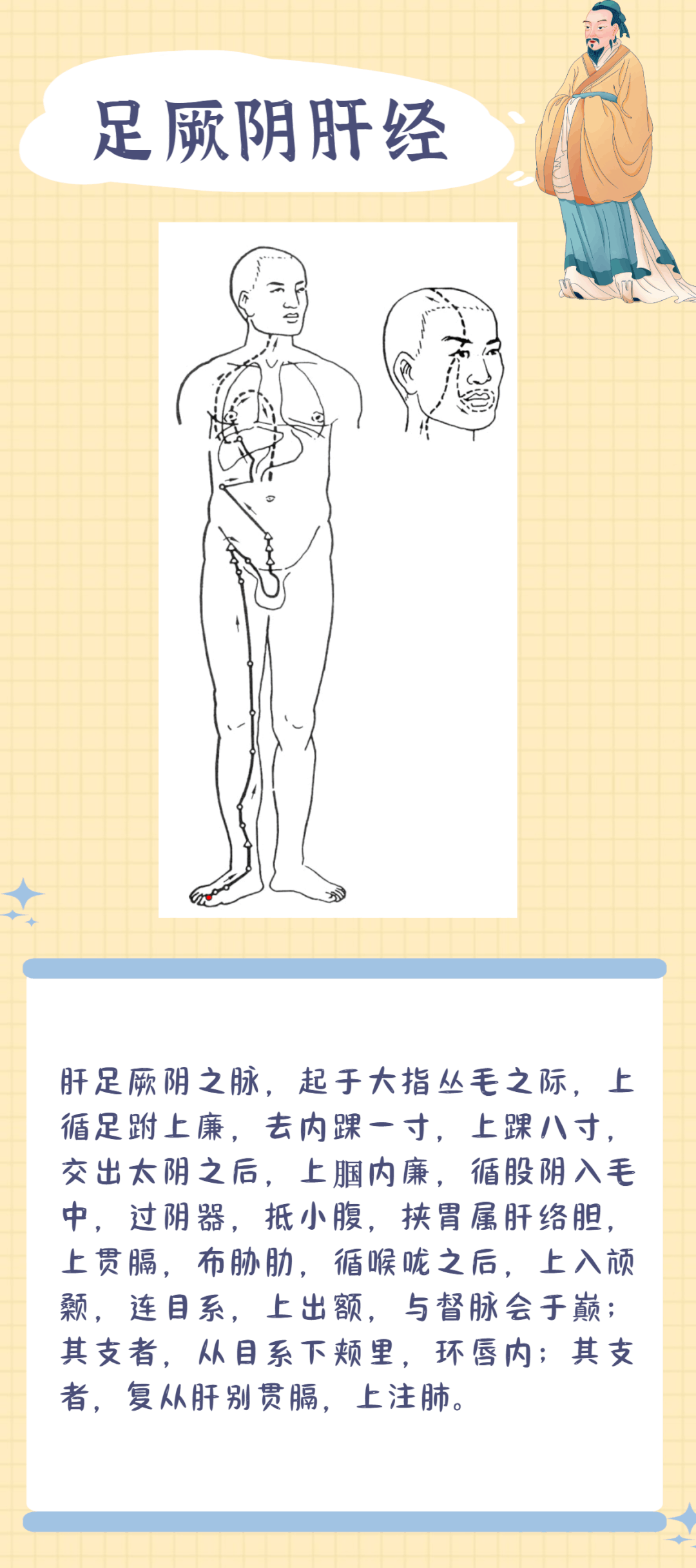
Commonly Used Acupoints of the Foot Jueyin Liver Meridian:
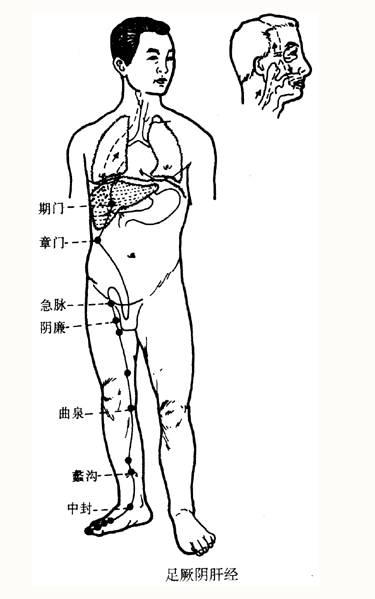
[Source: Renwei Traditional Chinese Medicine, China Traditional Chinese Medicine News, “Fundamentals of Traditional Chinese Medicine” Textbook]
Copyright Notice: Source: Guangdong Traditional Chinese Medicine, the content and images of this article are from the internet, this platform focuses on communication and sharing, not for commercial use. If there is any infringement, please leave a message to contact the editor for deletion. Please indicate the source when reprinting this article.
Recommended Reading
Intelligent Clinical Decision Support System in Traditional Chinese Medicine
http://47.93.3.212:7079/index
Traditional Chinese Medicine Cloud Outpatient System
http://47.93.3.212:7078/)
Decision Support System
http://tcmcds.com/index
<<< Swipe left to see more >>>
More Content
Please scan the QR code below to follow us:
WeChat of the Intelligent Research and Development Center for Traditional Chinese Medicine Health at the Chinese Academy of Traditional Chinese Medicine: qingleifeifan

